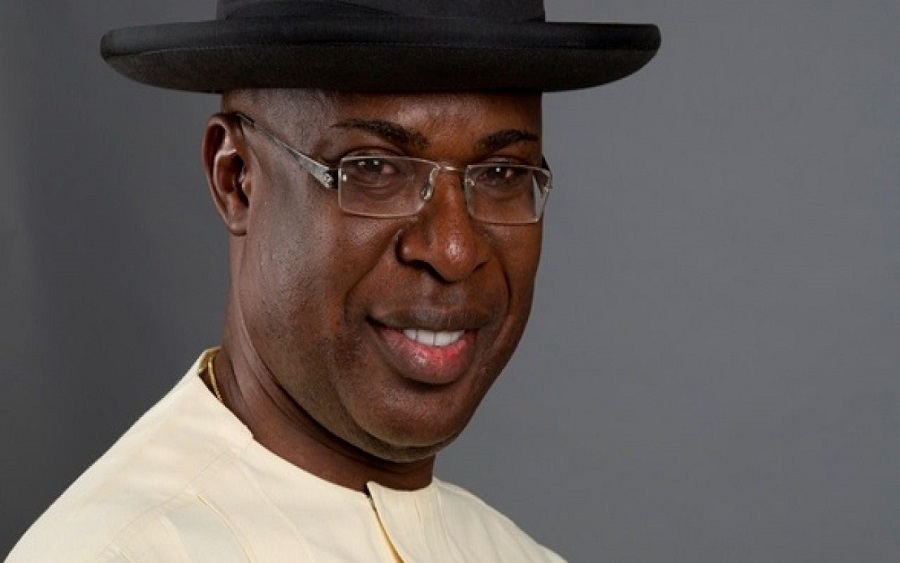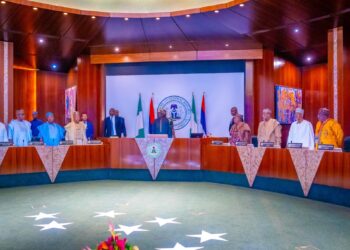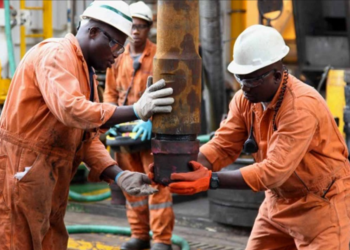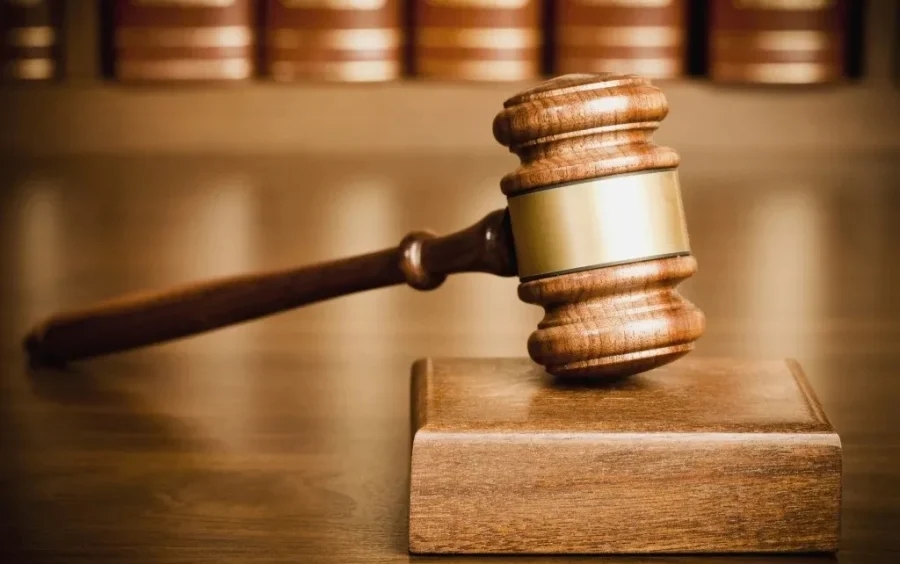Despite ongoing litigations by Nigeria demanding that international oil companies operating in the country should pay up money they owe to the tune of $62 billion, the country’s Minister of State for Petroleum Resources, Timipre Sylva stated yesterday that the government knows that the full amount might never be recovered.
Sylva reportedly disclosed this in Abuja while answering questions from journalists at the end of this week’s Federal Executive Council Meeting. He got real by noting that $62 billion is quite a lot that nobody can easily bring out.
“Nobody can bring out that kind of money. I mean, we can’t get $62 billion. We can maybe get something from them but not $62 billion. It’s an opportunity we have lost.”
Nairametrics has been consistent with its coverage of this story, partly because of the magnitude of the money and what it could potentially do for the economy, especially now that Nigeria is cash strapped. Moreover, the circumstances that led to the demand by the Nigerian Government is also quite intriguing. Recall that we previously reported that this development dates back to 1993 when Nigeria entered into contracts with the IOCs to begin extraction of the country’s crude oil. At the time, the revenue sharing model was 20% to Nigeria and 80% to the IOCs.

However, there was a proviso that the contract could be revisited (with the sharing model changed) if oil prices ever exceeded $20 per barrel. Now, even though oil prices have since then gone up, Nigeria did not receive greater share of the oil revenues until recently when it started demanding that the oil majors should pay up.
The IOCs in question here are ExxonMobil Corp, Chevron Corp, Total SA, Royal Dutch Shell, and Eni SpA. Interestingly, they have all contested the government’s $62 billion claim, expressing unreadiness to pay the money. Nigeria is now willing to negotiate with them.
More so, the Nigerian Government said it was taking other measures towards ensuring that a considerable part of the money is eventually recovered. One of such measures is to revisit/amend the 1993 contract-law. Already, this law has been amended by the Senate earlier this week. All that is now needed is for the executive arm of government to pass the law. Sylva said this should be done quickly.
[READ MORE: Nigeria to negotiate with IOCs over $62 billion demand]
“We have to ensure that this bill is passed. With this bill now, there will be some adjustments in the fiscal regime and we believe that the government will get a lot from the oil companies, especially their deep shore exploration activities.”
Nigeria is currently trying to raise money from anywhere possible in order to facilitate economic activities in the country. It recently implemented several economic policies to this effect and is currently pursuing this recovery agenda which could do a lot of good to the economy if successful.
[READ MORE: IOCs are owing Nigeria $20bn, and FG wants them to pay now]





















